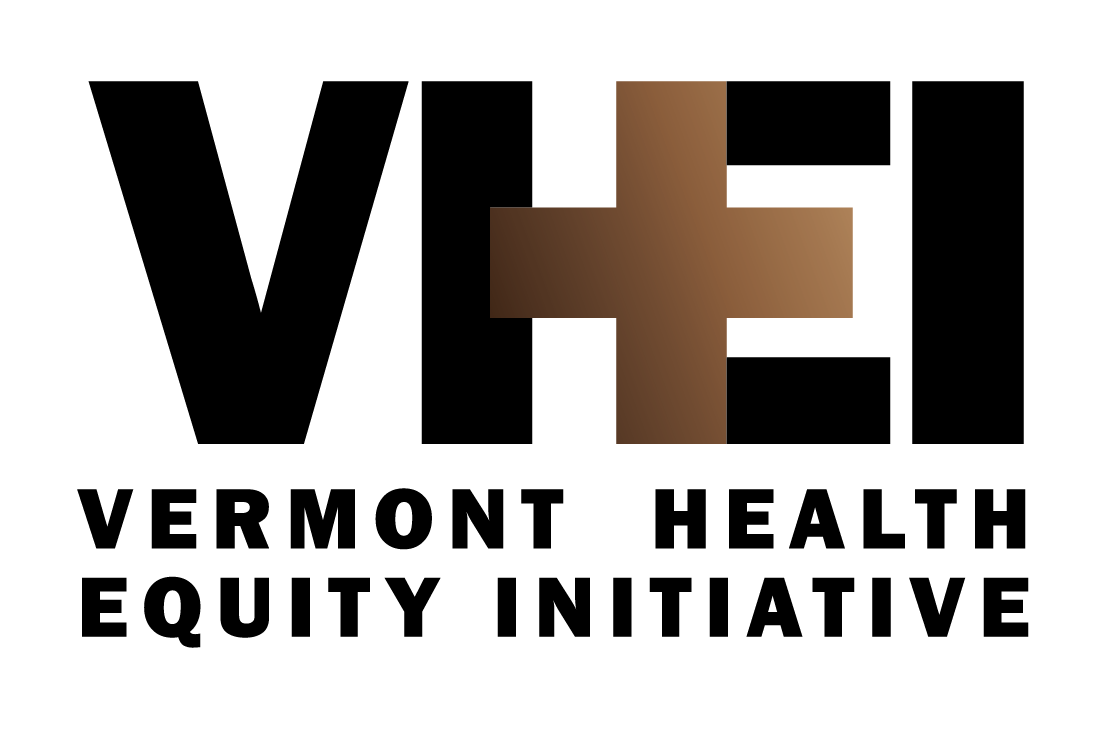What Are The Social Determinants of Health?
By Hanna Blankenship
Social determinants of health (SDOH) are the various social, economic, and environmental factors that influence an individual's health and well-being. In Vermont, BIPOC communities are disproportionately impacted by these determinants, leading to health inequities.
Some of the key social determinants that impact BIPOC communities in Vermont include:
Income and poverty: Low income and poverty can lead to limited access to healthy food, safe housing, and quality healthcare, contributing to poor health outcomes.
Education: Lack of education and limited educational opportunities can limit access to well-paying jobs, leading to poverty and poor health.
Housing: Poor quality housing and limited access to safe and affordable housing can increase exposure to environmental hazards, leading to health problems.
Employment: Lack of employment opportunities and job insecurity can contribute to stress and mental health problems and limit access to health insurance and healthcare.
Neighborhoods and communities: Neighborhoods with limited access to recreational facilities, green spaces, and safe walking paths can impact physical activity levels, leading to health problems.
These social determinants of health can contribute to health disparities, including higher rates of chronic diseases and poor health outcomes, among BIPOC communities in Vermont. It is crucial to address these underlying factors to improve health outcomes and promote health equity.
SDOH disproportionately affects BIPOC communities due to systemic racism and discrimination. This results in lower levels of income and wealth, poorer quality housing and education, and other social and economic disadvantages. These disadvantages can lead to higher rates of chronic diseases and other health problems in BIPOC communities.
To create equitable healthcare, we must address the SDOH disproportionately affecting BIPOC communities. We can do this through a variety of approaches, including:
Providing access to quality healthcare services, including preventative care and treatment for chronic diseases
Addressing social and economic inequalities through policies and programs that promote education, employment, and financial stability
Improving the physical and social environments in which BIPOC communities live, work, and play, including access to healthy food, safe housing, and transportation
Strengthening social and community support networks, including mentorship and other forms of support
By using a framework that takes into account the SDOH, we can work to create more equitable healthcare for BIPOC communities across Vermont and reduce health disparities. Addressing social determinants of health requires a systemic and holistic approach and collaboration between government, community organizations, healthcare providers, and individuals. Only by working together can we ensure that all members of our communities have access to the resources and support they need to lead healthy and fulfilling lives.
United Healthcare: How States and Managed Care Organizations Can Improve SDOH

